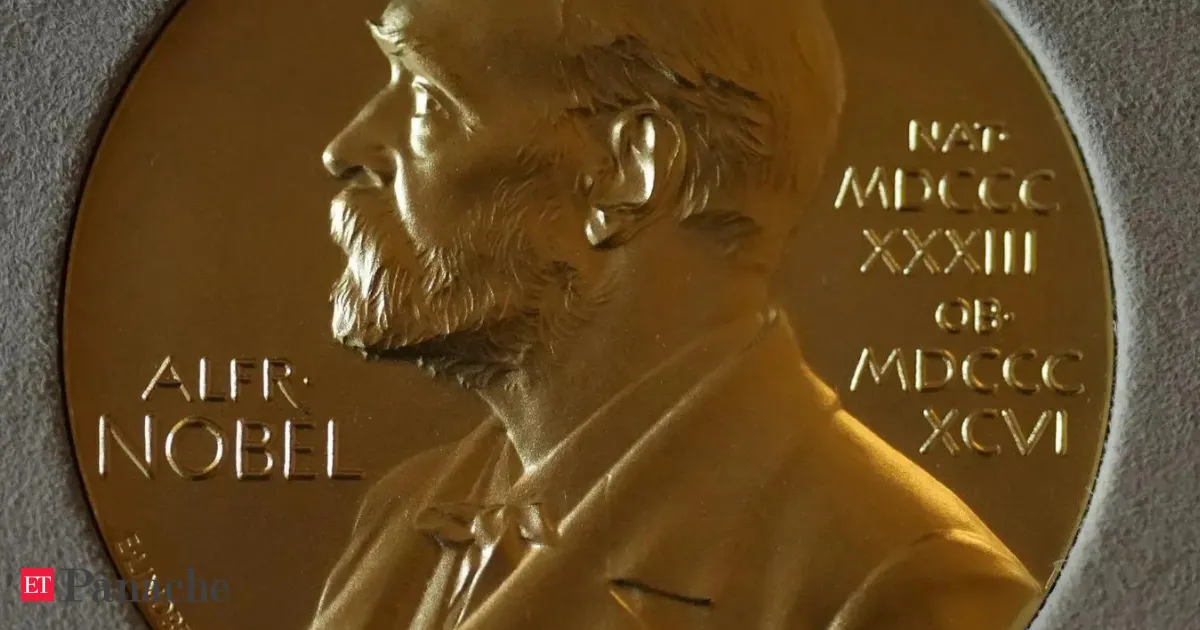Nobel Prize 2024 Medicine Winners: Discovering the Selection Process and Prize Money

Nobel Prize 2024 Winners in Medicine
Victor Ambros and Gary Ruvkun were awarded the 2024 Nobel Prize in medicine for their groundbreaking discovery of microRNA and its crucial role in post-transcriptional gene regulation. This prestigious award, presented annually by the Nobel Assembly at Sweden’s Karolinska Institute, recognizes their significant contribution to advancing medicine. The discovery of microRNA has illuminated how genes are regulated at the molecular level, opening new avenues for understanding and treating various diseases.
Nobel Prize Money
The award includes a prize sum of 11 million Swedish crowns (around $1.1 million). As is customary, the medicine prize is the first among the annual Nobel Prizes, a set of six highly regarded awards that honor outstanding achievements in science, literature, peace, and economics. The remaining Nobel Prizes will be announced over the following days, celebrating individuals and organizations that contribute remarkably to humanity.
How Nobel Prize Winners Are Chosen
Alfred Nobel’s last will designated institutions responsible for selecting laureates in each field. The Royal Swedish Academy of Sciences awards the Nobel Prizes in Physics and Chemistry, while the Karolinska Institute is responsible for the prize in Physiology or Medicine. The Swedish Academy selects laureates in Literature, and the Norwegian Nobel Committee, appointed by the Norwegian Parliament, oversees the Nobel Peace Prize.
Nobel Prizes in Economics
In 1968, the Sveriges Riksbank, Sweden’s central bank, introduced a new award: the Sveriges Riksbank Prize in Economic Sciences in Memory of Alfred Nobel. Although not part of Nobel's original categories, it has been recognized as a Nobel Prize since 1969, with the Royal Swedish Academy of Sciences responsible for selecting laureates in economics.
Nobel Prizes in Physics and Chemistry
The Royal Swedish Academy of Sciences, a prestigious institution founded in 1739, consists of about 440 Swedish members and 175 foreign members. Its mission is to advance science in Sweden, and membership signifies outstanding contributions to research. The Academy plays a crucial role in selecting Nobel Prizes in Physics, Chemistry, and Economic Sciences.
Nobel Prize in Medicine
The Nobel Assembly at the Karolinska Institute, responsible for the Nobel Prize in Physiology or Medicine, is composed of 50 voting members, all professors in medical subjects at the institute. The Nobel Committee, overseeing the selection process, is elected from assembly members for a three-year term. Since 1901, this body has recognized groundbreaking medical discoveries, continuing Alfred Nobel's vision of rewarding advancements in science that benefit humanity.
Nobel Prizes in Literature
The Swedish Academy, founded in 1786 by King Gustav III, is responsible for selecting Nobel Prize laureates in Literature. This distinguished body consists of 18 lifetime members, known as De Aderton (The Eighteen), including prominent writers, scholars, and experts. Its Nobel Committee is elected from within to ensure a thoughtful selection process.
Nobel Peace Prize
The Nobel Peace Prize, awarded by the Norwegian Nobel Committee, is unique among the Nobel Prizes, as it is decided by a committee based in Norway. This committee, composed of five members appointed by the Norwegian Parliament, has chosen laureates contributing significantly to global peace since 1901. The committee’s composition often reflects Norway’s political landscape, with expert advisers assisting in the selection process.
This article was prepared using information from open sources in accordance with the principles of Ethical Policy. The editorial team is not responsible for absolute accuracy, as it relies on data from the sources referenced.